-
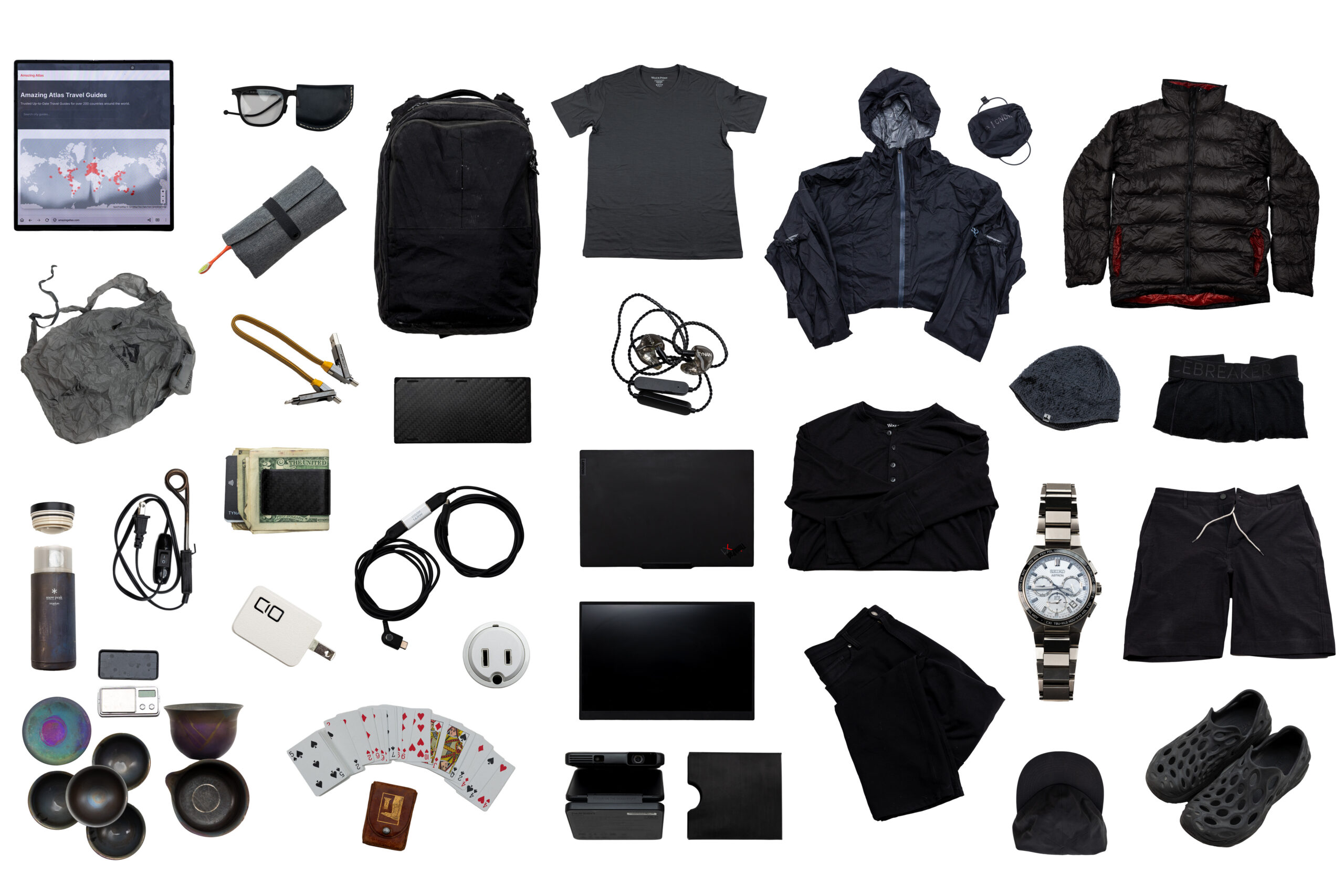
Gear Post 2026
First, for future people who are going to ask me next year when the gear post is coming: it will come as soon as I can get it done. I’ll do a gear post every year until I die or stop traveling, so no need to worry about it. The delay this year was coordinating…
-
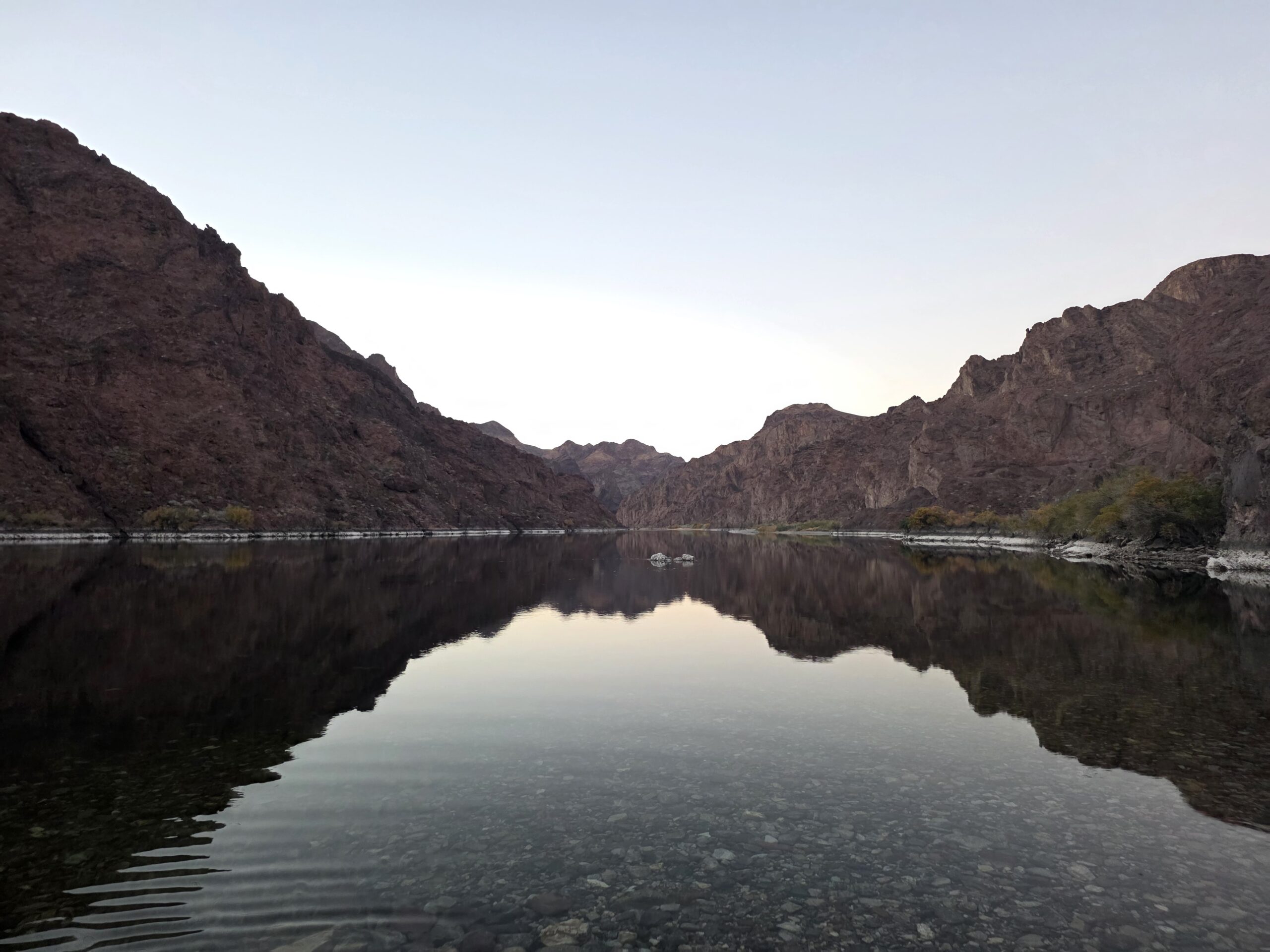
What I Would Do if I Were Gen Z
I read a really good article the other day about why the younger generations are so into sports betting and prediction markets. The general thesis is that now through social media people see many levels of wealth higher than they used to, and the only path they see to reach that level is gambling. In…
-
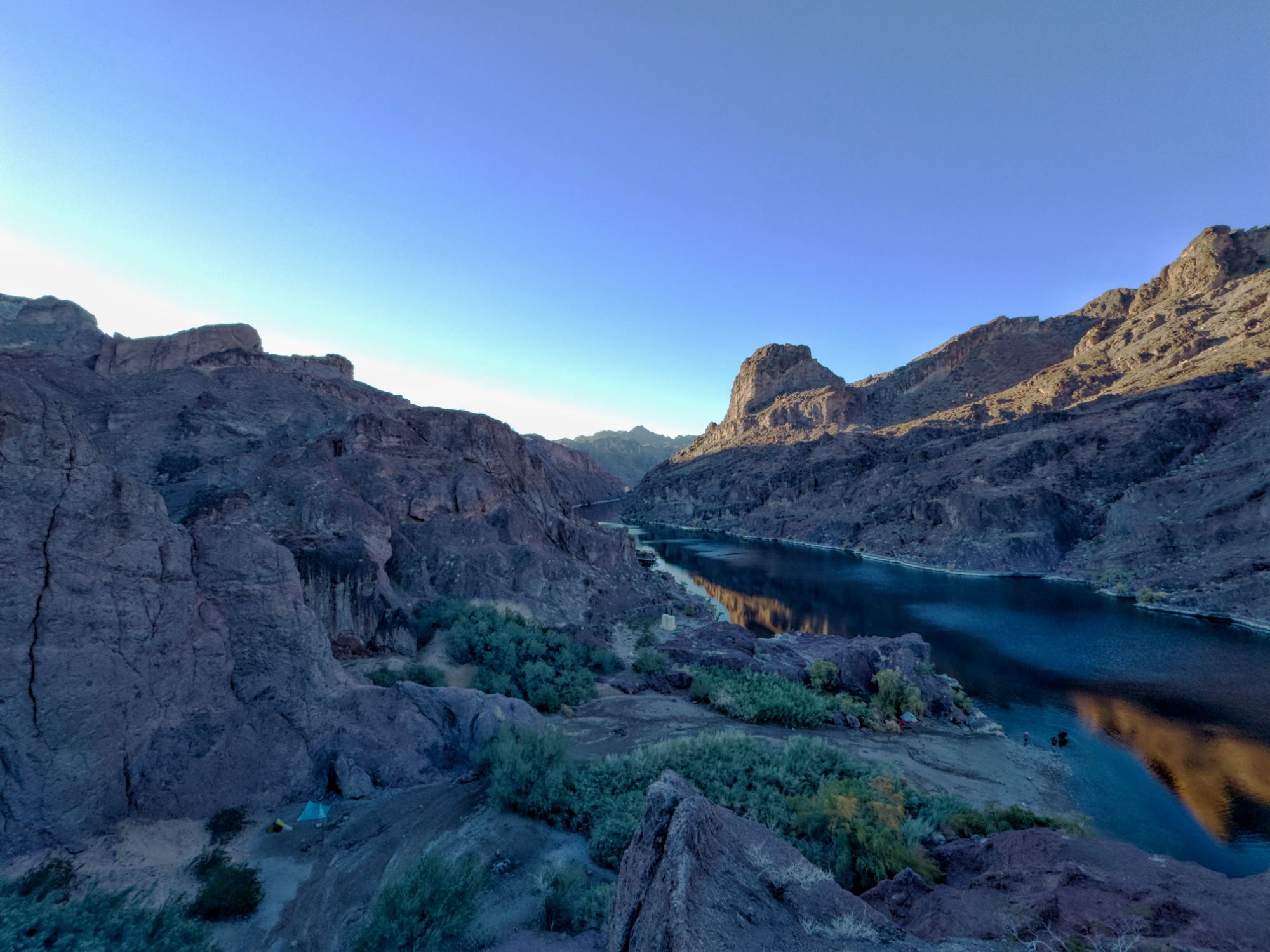
Cześć 2025
Another year, another wrap-up! I’m an absolute broken record on these things, but you haven’t read one in a year so maybe you don’t remember that I write basically the same thing every year. 2025 was definitely even better than 2024, which is hard to believe. Before I sit down to write these posts I…
-
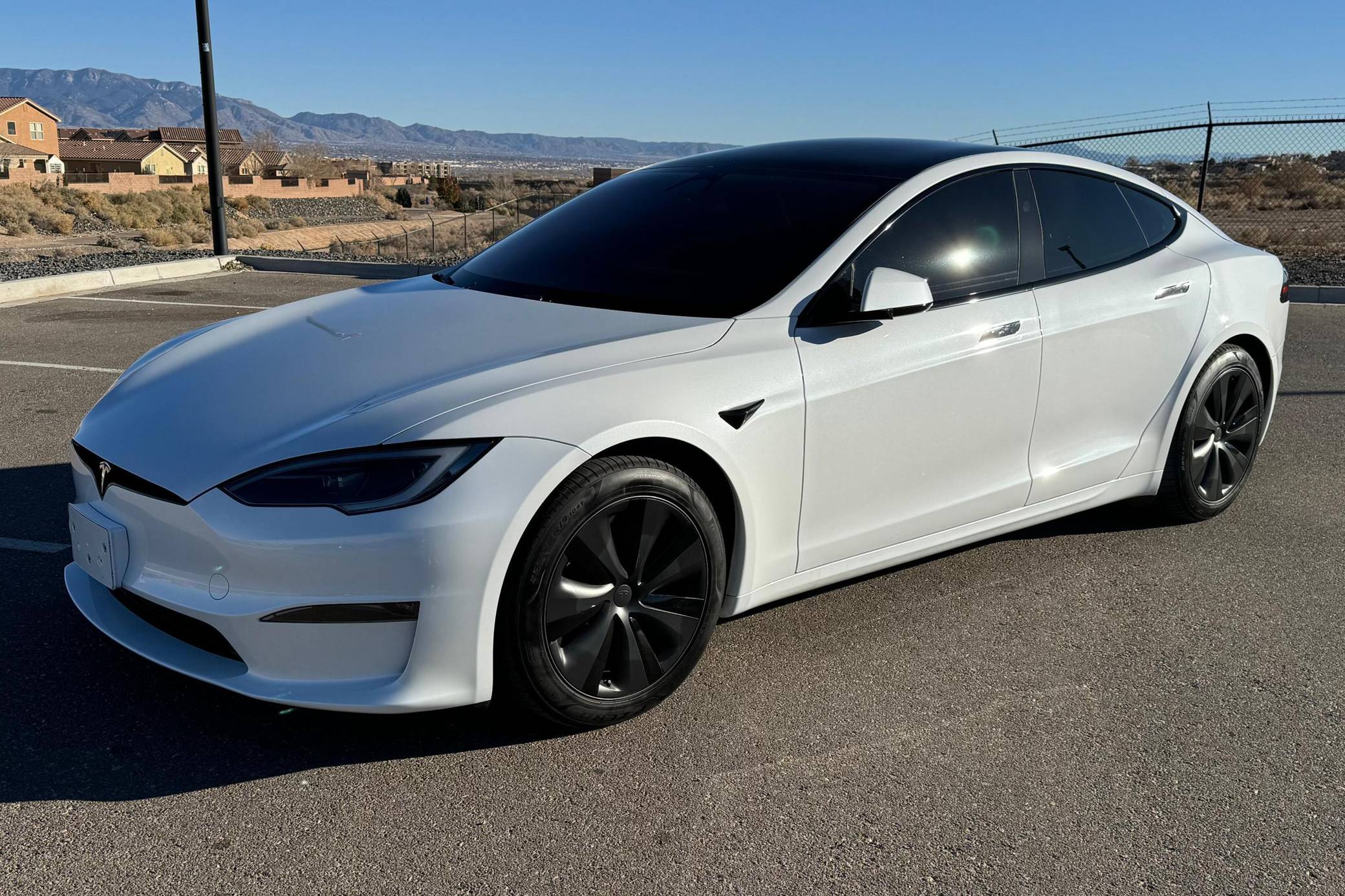
Why I Did Buy a Tesla
About five years ago I wrote about why I chose to buy a BMW i3 instead of a Tesla like everyone else. I still love the i3 and think that it was the right choice at the time, but things have changed! A lot of my complaints about Tesla are still true. I really hate…
-
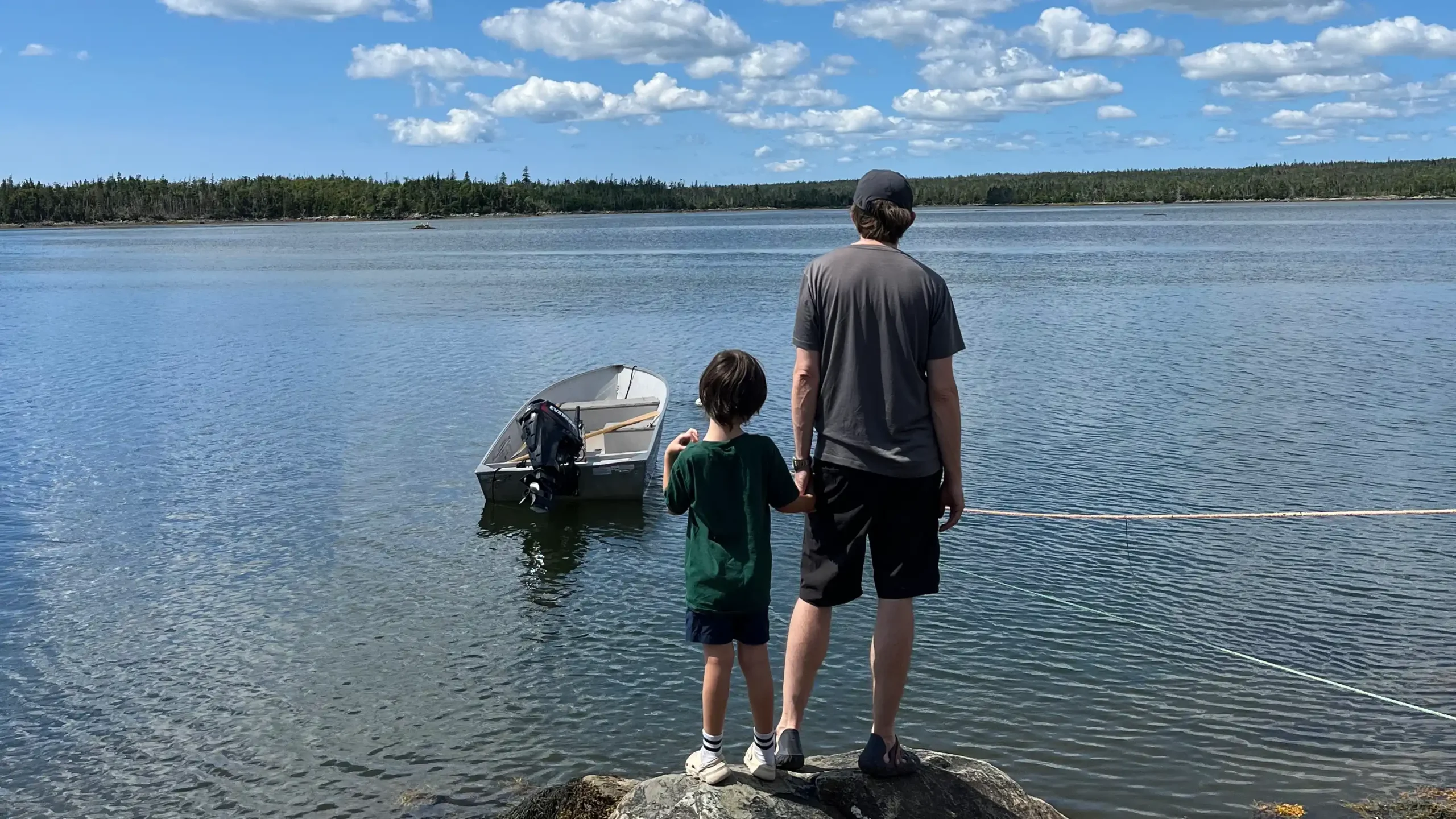
Advice For My Nephew
My nephew is getting old enough that his little personality is starting to come out and I can imagine him going through the different phases of life. He’s still too young to need or to listen to any of my advice, but that doesn’t prevent me from wanting to give it to him. I’ve decided…
-
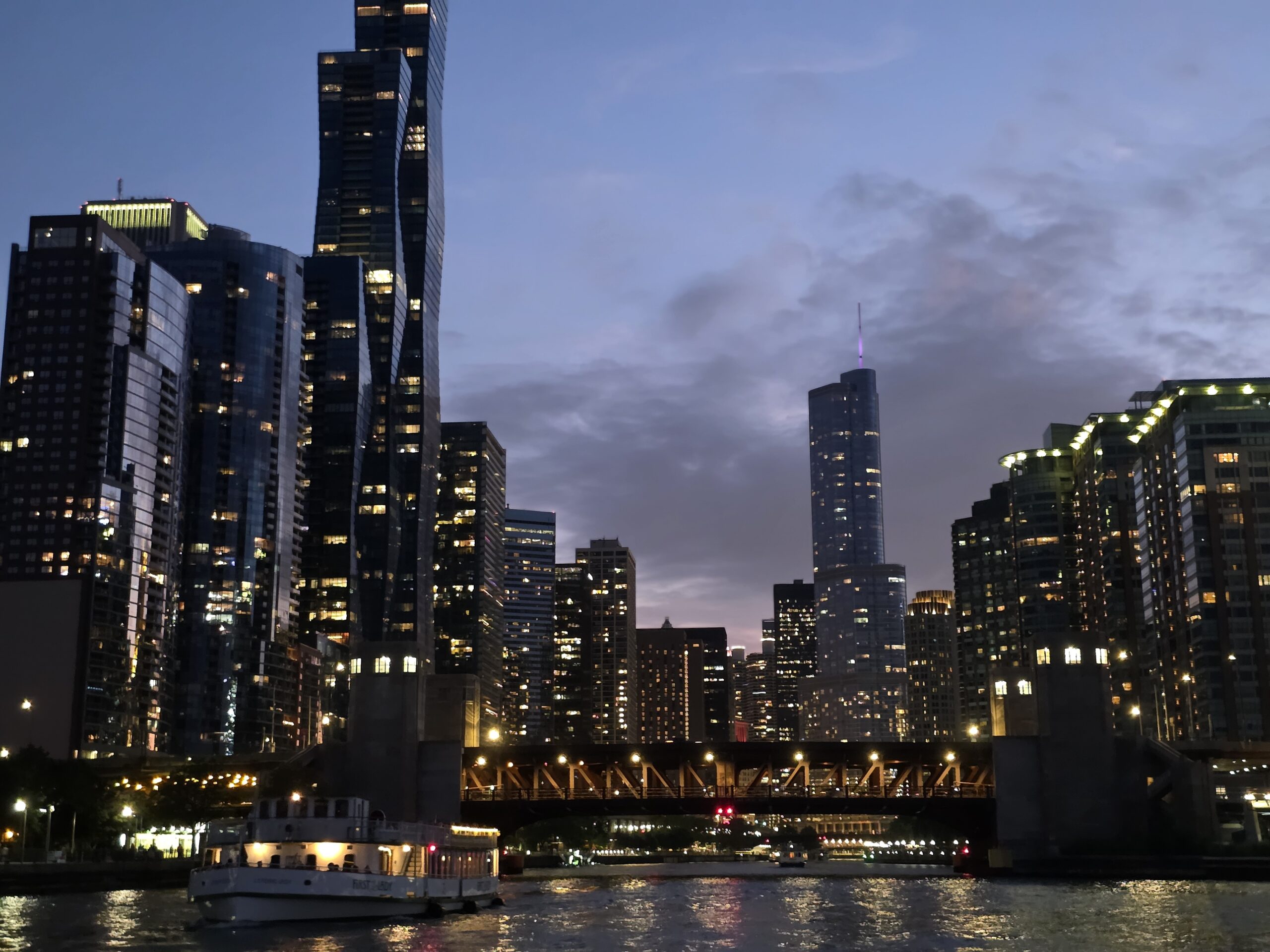
Why I Bought a Place in Chicago
In 2024 I was sitting at my laptop watching YouTube videos and saw one about the Pinball Expo in Chicago. It was only a day old and was covering the first day of the expo. I checked flights and headed there the next day with my friend Michael to catch the final two days. On…
-
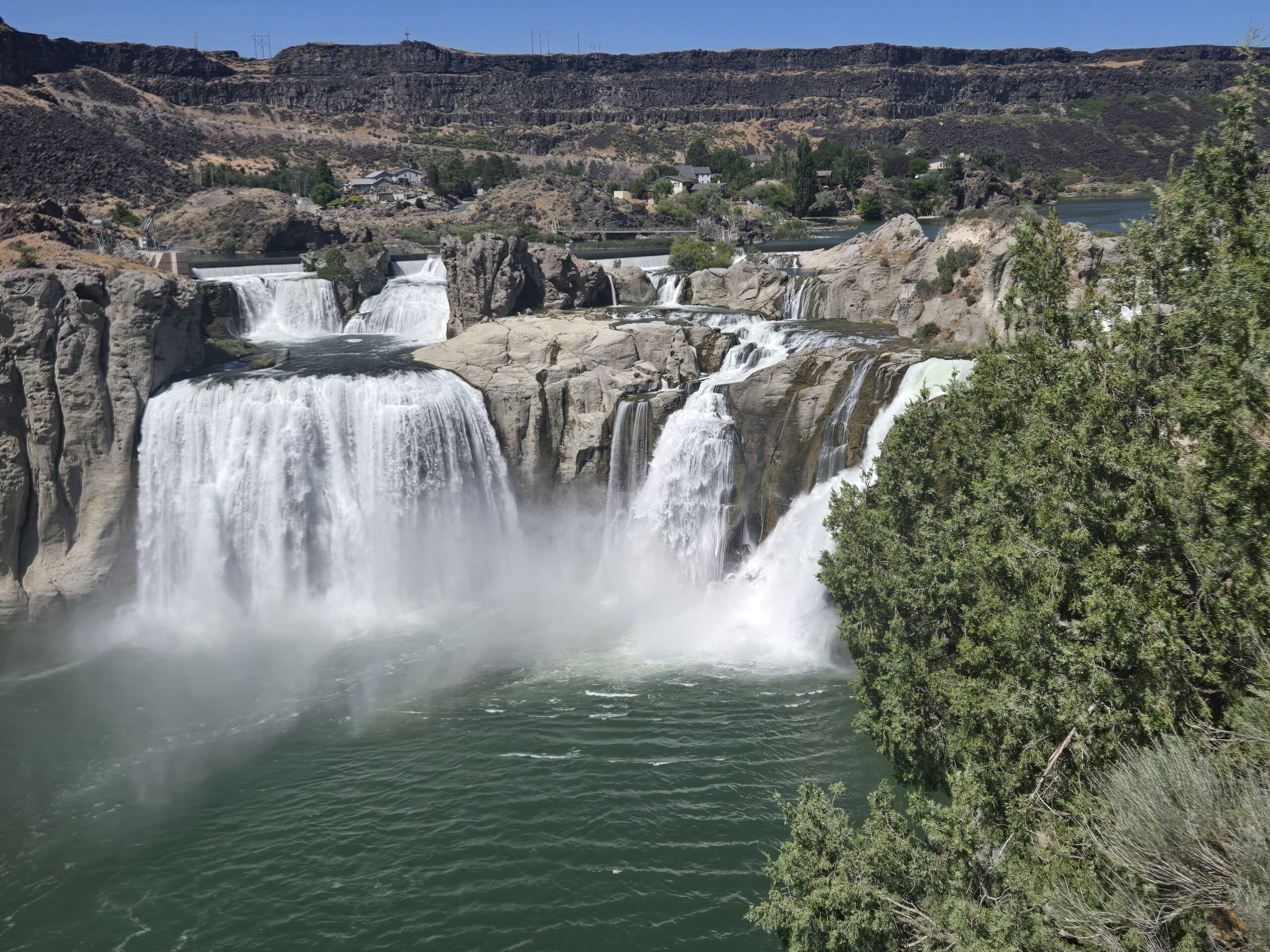
The AI Window is Now
I had about twelve hours to kill in Vancouver yesterday. I went to my favorite tea place there (Vancha), played some pinball, and then went to a movie for the first time in five years or so. I saw the new F1 movie. I didn’t know anything about F1, and I don’t want to give…
-
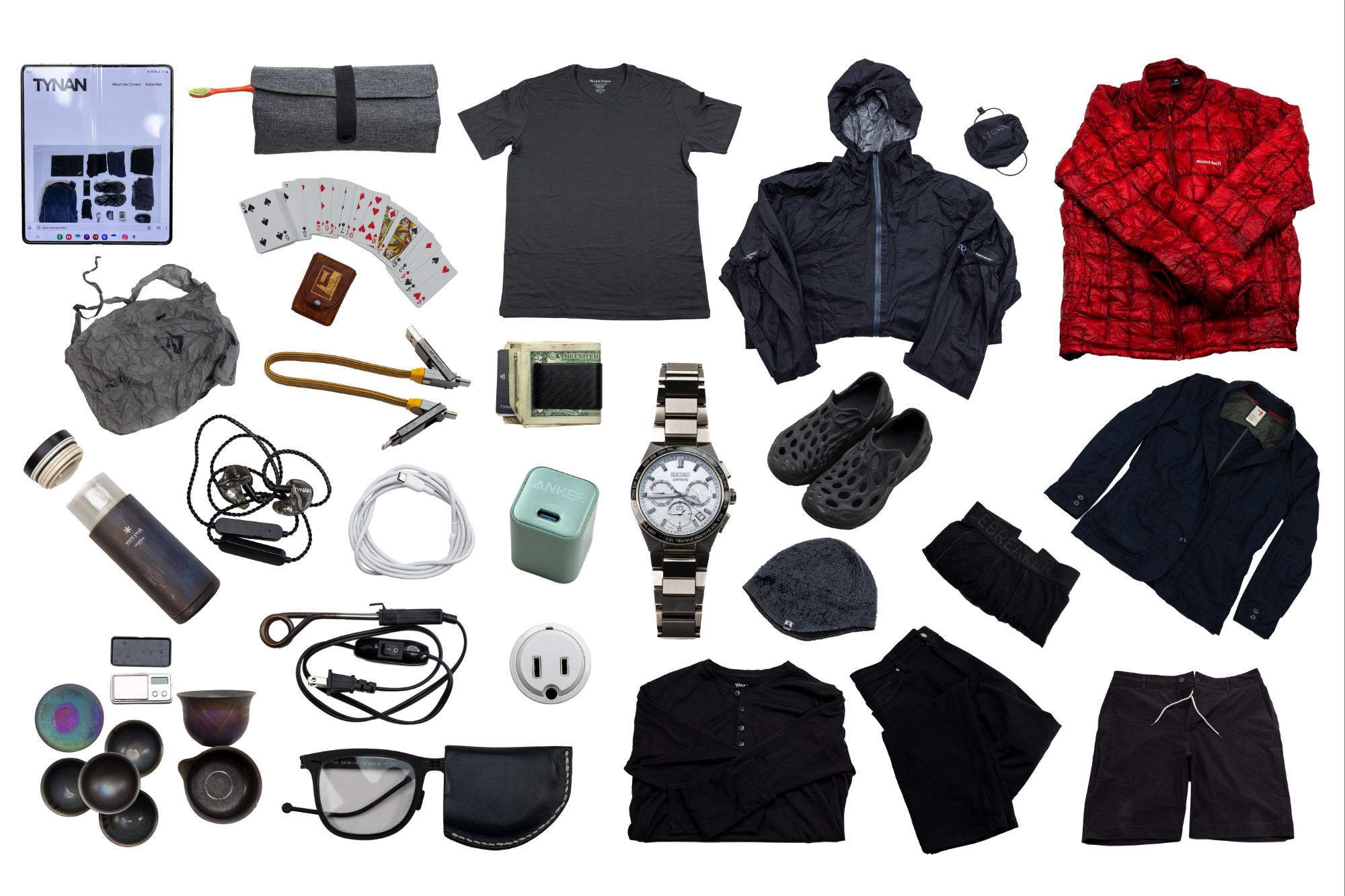
Gear Post 2025
Oops, I was so proud of getting last year’s post out early, and then this year’s is the latest yet. I got a lot of positive feedback on the photos last year and it was difficult for me to schedule a time to get the new ones taken this year. But… it’s here! If you’re…
-
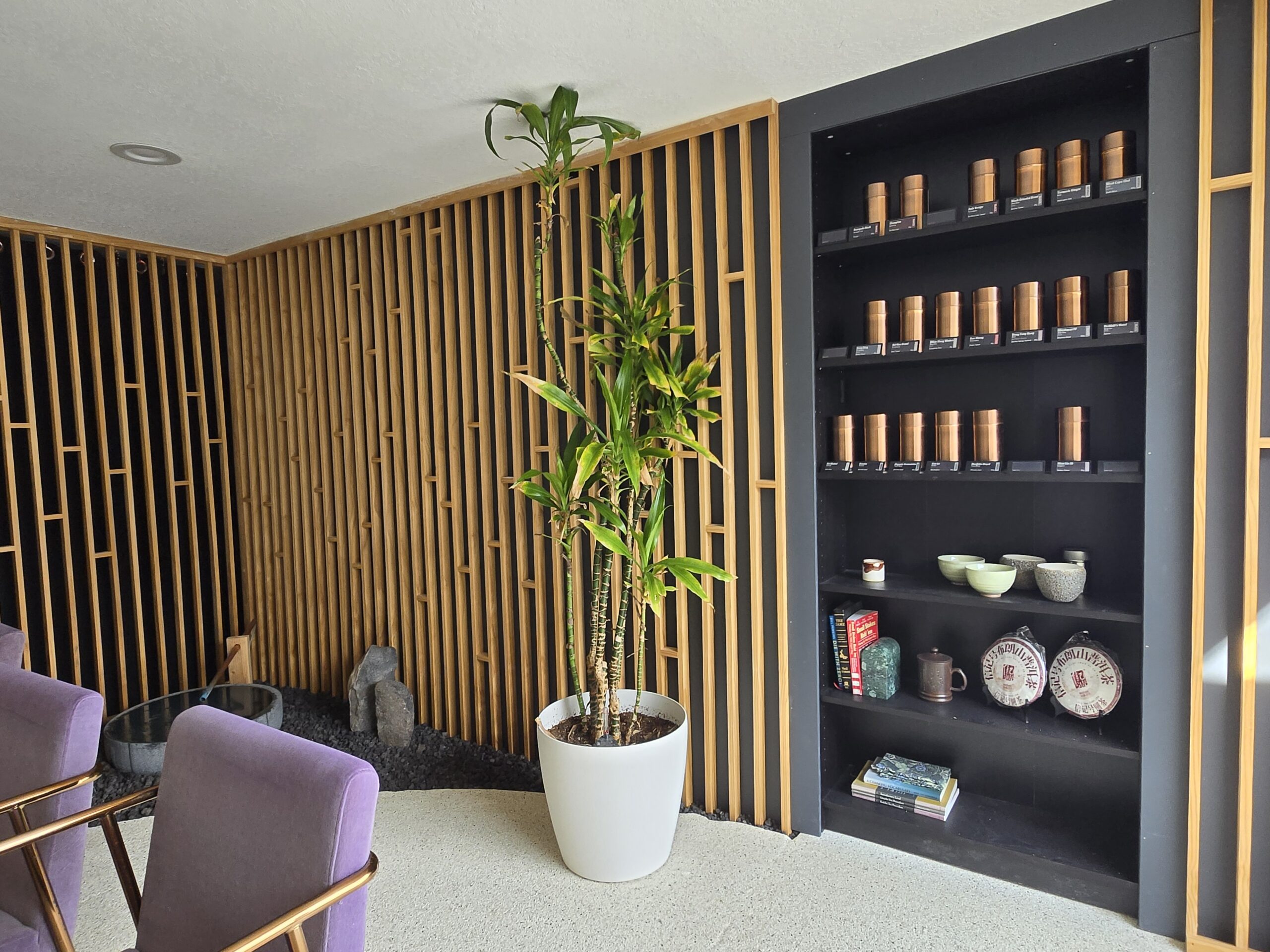
Building My E-Ink Tea Labeling System
My life sometimes seems to consist of long periods of intense effort to help me save seconds or minutes from my day. This latest project must be the most extreme example of that. I store my tea in identical metal tins. Years ago I went down a rabbit hole of designing custom labels for each…
-
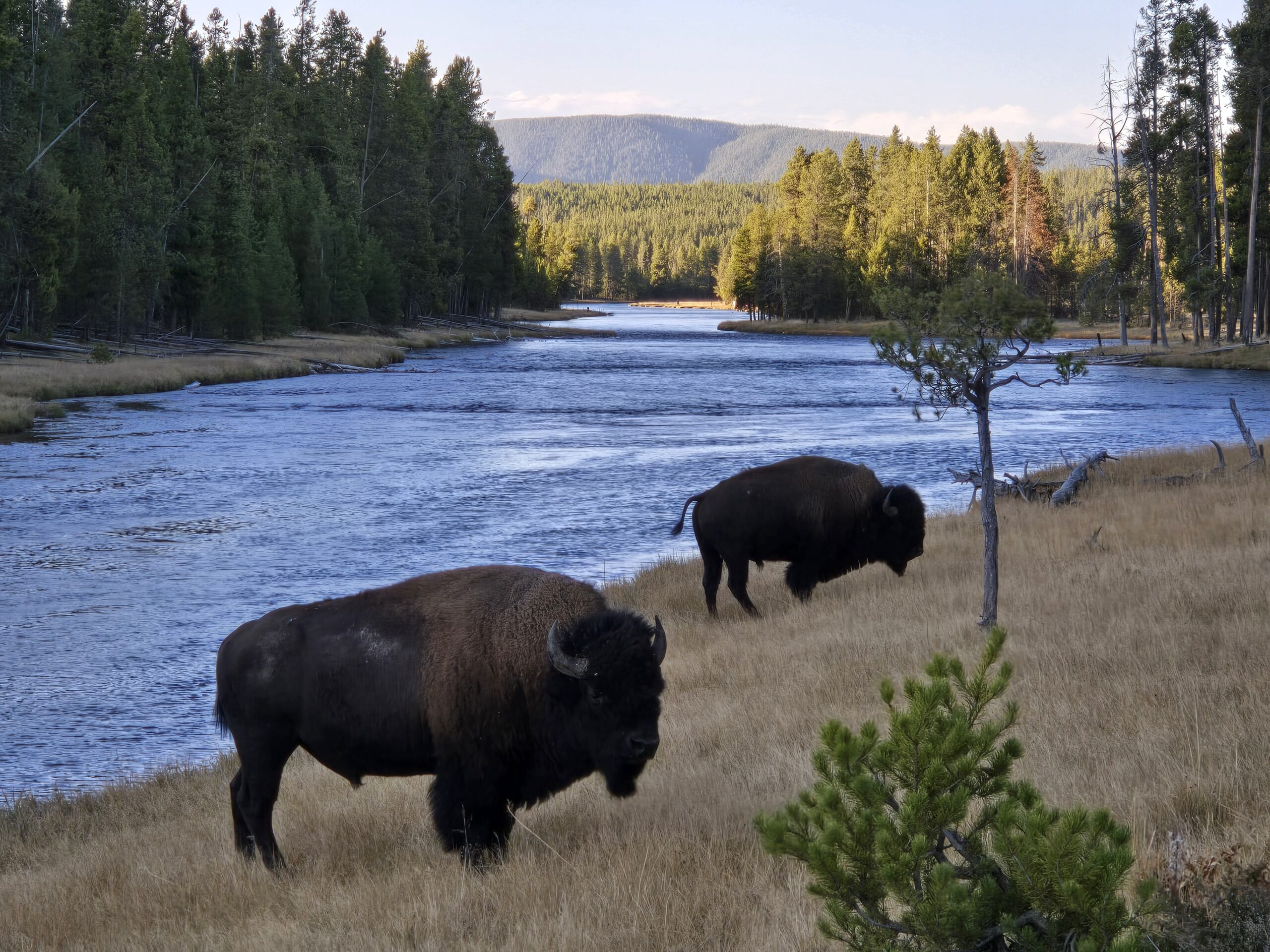
Doviđenja 2024
I think these yearly updates were a lot more interesting when I was younger and my life changed drastically year by year. Now it’s just a steady climb upwards, better every year but not all that different. As I read over last year’s post, I was most struck by how similar I felt one year…
